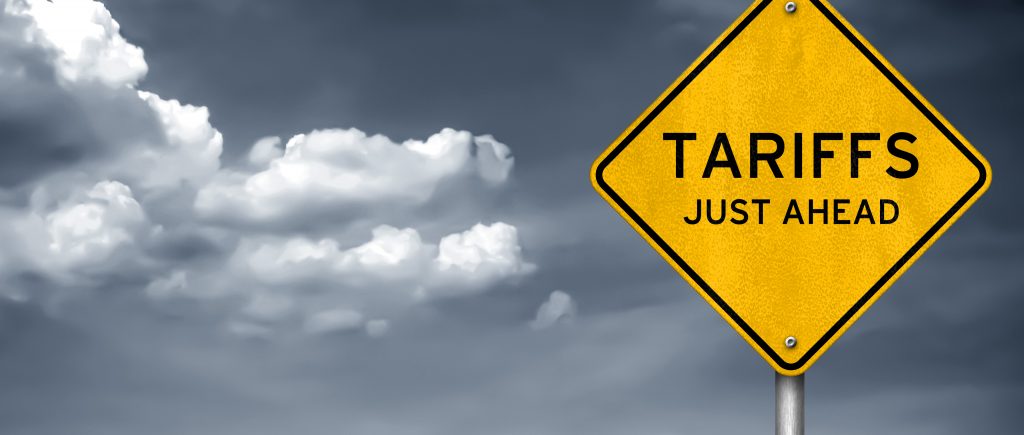Trump Denies Report on Critical-Only Tariff Plans, Markets Rally
US President-elect Donald Trump has denied a newspaper story claiming that his aides were exploring tariff ideas that would only cover key goods. The news published earlier, on Monday, citing three sources familiar with the matter, reported that Trump aides were exploring tariff plans that would be applied to every country but only cover certain sectors deemed critical to national or economic security, in what would represent a marked shift from the promises Trump made during the 2024 presidential campaign.
Following the newspaper report, European equities and currencies had a significant increase on Monday.
Trump, a Republican who assumes office on January 20, had promised to impose a 60% tariff on Chinese goods and a 10% duty on imports from throughout the world. Trade experts warn these tariffs would disrupt trade flows, increase costs, and provoke retaliation against US exporters. According to the newspaper, the aides stated that the plans are still being worked out. The industries that the tariffs would target were unclear.
Key industries including energy production, vital medical supplies, and the defense industrial supply chain have been the main focus of preliminary talks on the Trump administration’s proposals to impose uniform tariffs on goods and services from China, Mexico, and Canada. In order to increase US production, a Trump transition team report suggested slapping tariffs on all electric battery components worldwide and then negotiating specific exclusions with allies. Because China dominates the extraction and refinement of vital minerals, such as lithium and graphite for batteries and rare-earth metals used in both military aircraft and EV motors, the Defense Department has identified strategic weaknesses for the United States.
it was reported that two weeks before trump takes office, his aides are still discussing plans to impose import duties on goods from every country, but instead of applying tariffs to all imports, the current discussions center on imposing them only on certain sectors deemed critical to national or economic security. This shift reflects a recognition that Trump’s initial plans could prove politically unpopular and disruptive. However, consideration of universal tariffs still reflects the Trump team’s determination to implement measures that can’t be easily circumvented by having products shipped via a third country.
The Trump administration is considering a plan to impose universal tariffs on goods and services from China, Mexico, and Canada, which could cause major changes to global commerce. This would amount to one of the biggest challenges in decades to the global trade order. Trump’s advisers view this effort as necessary to bring manufacturing jobs back to the US economy, but it could invite retaliation from the rest of the world and drive prices up for consumers and businesses alike.
During his first term, Trump imposed tariffs on more than $360 billion worth of goods from China, particularly steel and aluminum. His trade threats were largely focused on Beijing, but they rattled global trade and sparked major tensions with America’s geopolitical allies. Mexican steel now accounts for more than 87% of certain US steel imports, with the total level nearly 500 percent over its historic baseline.
 Noor Trends News, Technical Analysis, Educational Tools and Recommendations
Noor Trends News, Technical Analysis, Educational Tools and Recommendations





